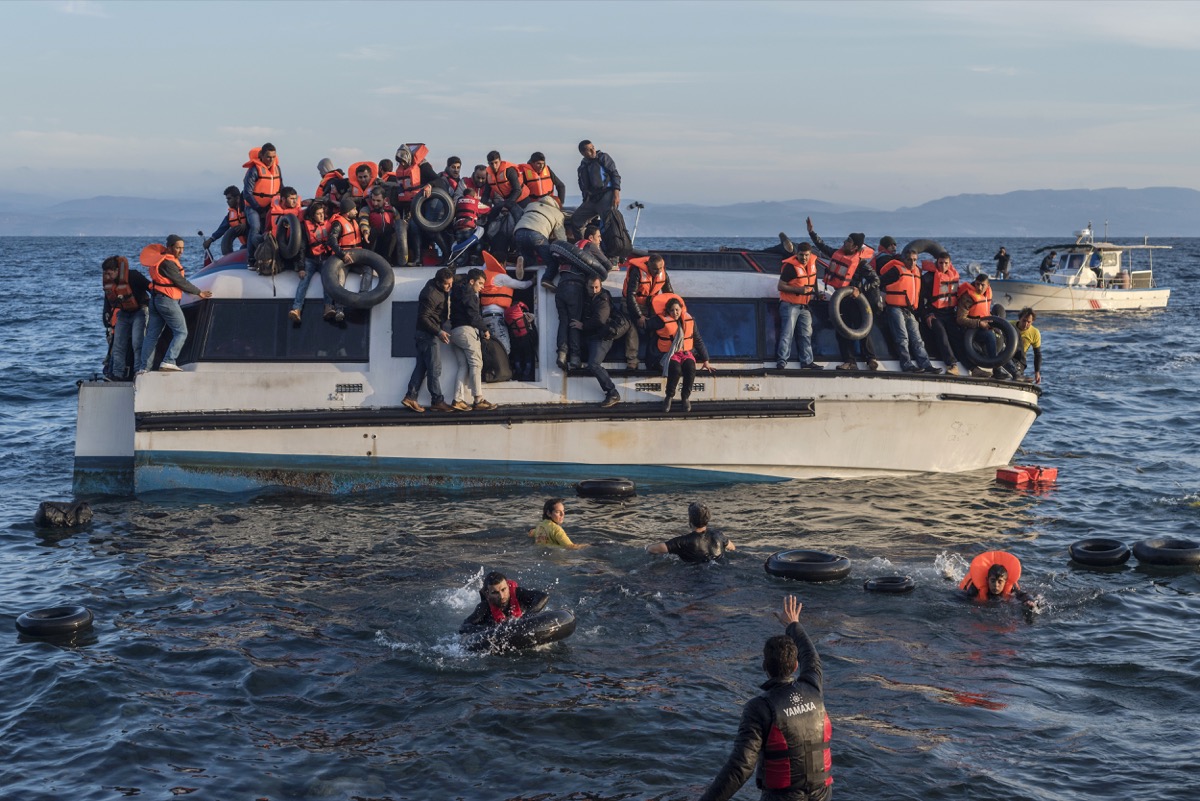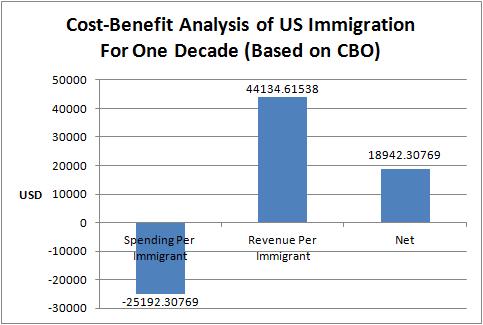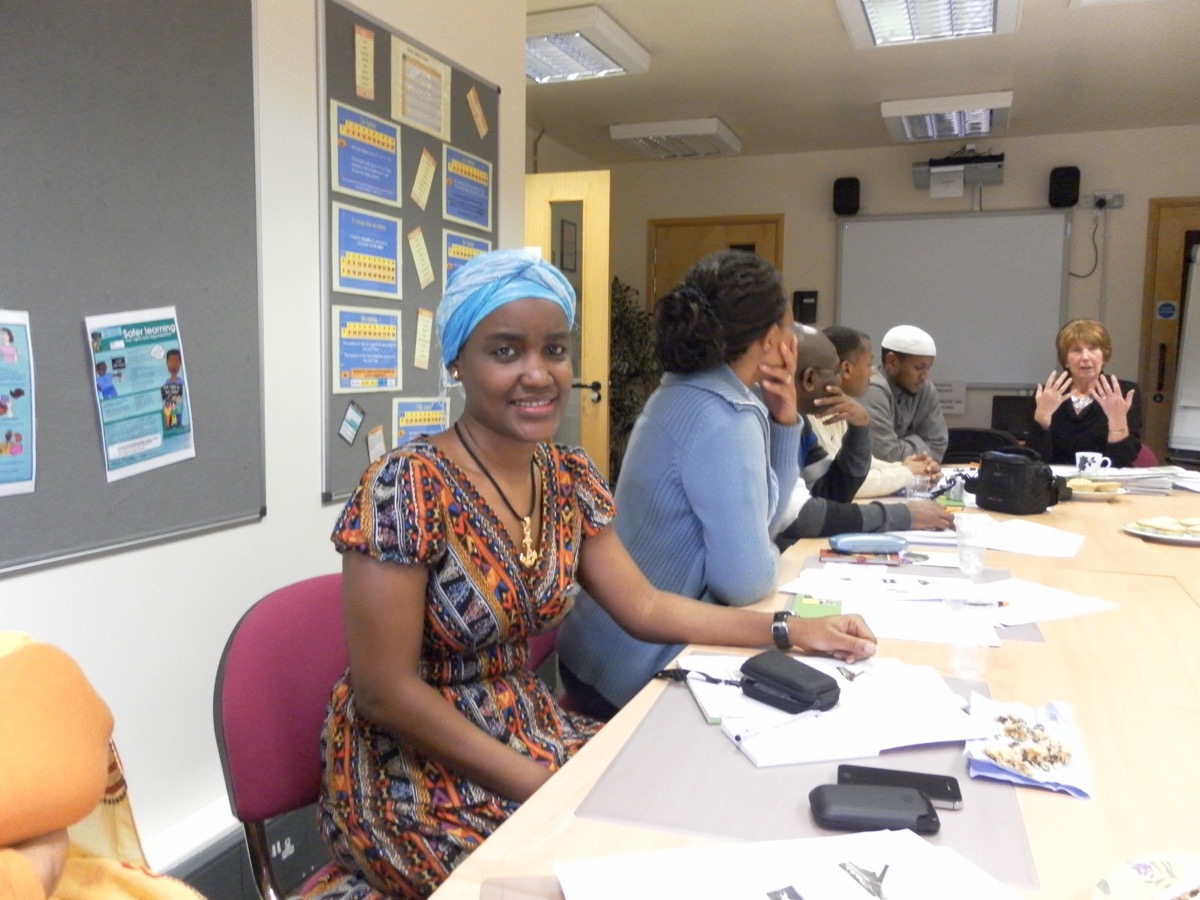
Nowadays, the refugee crisis is becoming more and more prominent. Some countries are willing to help or helping them on a massive scale, some of them are not. But how do European citizens feel about welcoming ‘strangers’ into their country?
Let’s take some Christian family as an example. They pray for good for themselves and their family. Do they pray also for other people’s well-being? Well, maybe for their neighbour. What about the situation if their neighbour was a refugee? Will they do the same? The answers are certainly not identical. There is also a plethora of various stereotypes which can affect other’s mind and they do not always have to be true. In this short article, I would like to point out some of them and tell you, why they are wrong.
Stereotype: refugees are terrorists
At first, the terms such as refugee and asylum seeker should be recognised. According to UNHCR, refugee is a person fleeing armed conflict or persecution, when an asylum seeker is someone who has left their home country as a political refugee and is seeking asylum in another.
First, and the most daunting stereotype is that all of the refugees are terrorists, most likely from ISIS, who come to the other countries with only one agenda: to spread Islamic views and kill others. There are abundance of refugees with a glimmer of hope for a better life, in a country not oppressed with the atmosphere of war. Unfortunately, only one terrorist attack in Europe can easily crash that dream. A good example can be an attack in Nicea, France. It is said that people with Syrian passports decided to kill innocent people in the name of religion. They were thought to have come to France as a refugee only for one reason, obviously.
However, there was a UN report, which wanted to look closer to the problem of refugees and terrorist attacks. In 2015, European Union had experienced 211 realised, unsuccessful or stopped terrorist attacks. In 2014 there was 201. Among those 211 attacks, those on the jihadistic ground constituted less than 10% of all (source: Europol). Also, there were no substantive proofs that terrorists use migrants to worm theirs way into the countries. It was proven only in a few cases, but when we have thousands of them, it is not a remarkable percent of cases. It has to be remembered, that it is only an image that media creates in order to dramatise a situation like in a poor, internet-like journalism.
Also, all refugees have to undergo security checks.
„There are procedures in place to ensure no one is released into the community if there are any security concerns. People found to have committed a serious crime may not be granted a protection visa”, Australian red cross states.
Due to that, there is no high risk of dangerous migrants.
Stereotype: refugees are too expensive to support
Next argument which is used by people rejecting refugees, is that the economy of their country will collapse, as there are no funds or places needed for such an enormous amount of migrants. Unfortunately (or fortunately) that argument does not have any real evidence as well. There is an assumption that migrants and refugees contribute much less to the economy of the country as they thought to be lazier or do not care about the country in which they were granted asylum. Notwithstanding, there was a study done in the United States, which told us that immigrants contribute to the economy of a country almost $20,000 more in tax receipt in the decade than they consume in various government benefits:

There does not have to be any worry about additional services, like number of teachers or doctors because refugees will contribute to the development of those aspects by paying their taxes. Due to the cultural bonding with the refugee’s country, refugees benefit the wider global community through developing and maintaining economic links with their countries of origin as well.
Stereotype: refugees do nothing for the local communities
Next one of the most common stereotypes is the assumption that refugees not only will decrease the well-being of the country’s economy but will also do nothing for the local communities. It is not true too! It is thought that many refugees settle in the non-metropolitan areas which creates social and economic benefits for regional communities. Also, refugees help meet labour shortages, including in low skill and low paid occupations. They display strong entrepreneurial qualities, with many running small and medium-sized businesses.

Summing up, it is vital to remember that refugees and asylum seekers are not a threat to the country they strive to live in because they are escaping from the countries encircled with the real threat themselves, in which terrorist groups are active. In 2014 more than sixteen million people had to escape from the five most dangerous countries in the world because of that. Do not be fooled by the picture the media tries to sell and try to think as one of the refugees. So, before you tell others your opinion, be accustomed to the facts, not the fiction.
Julia Kuźma
Sources:
http://www.redcross.org.au/asylum-seekers-refugees-facts.aspx
UN A/71/384
Europol TESAT 2016